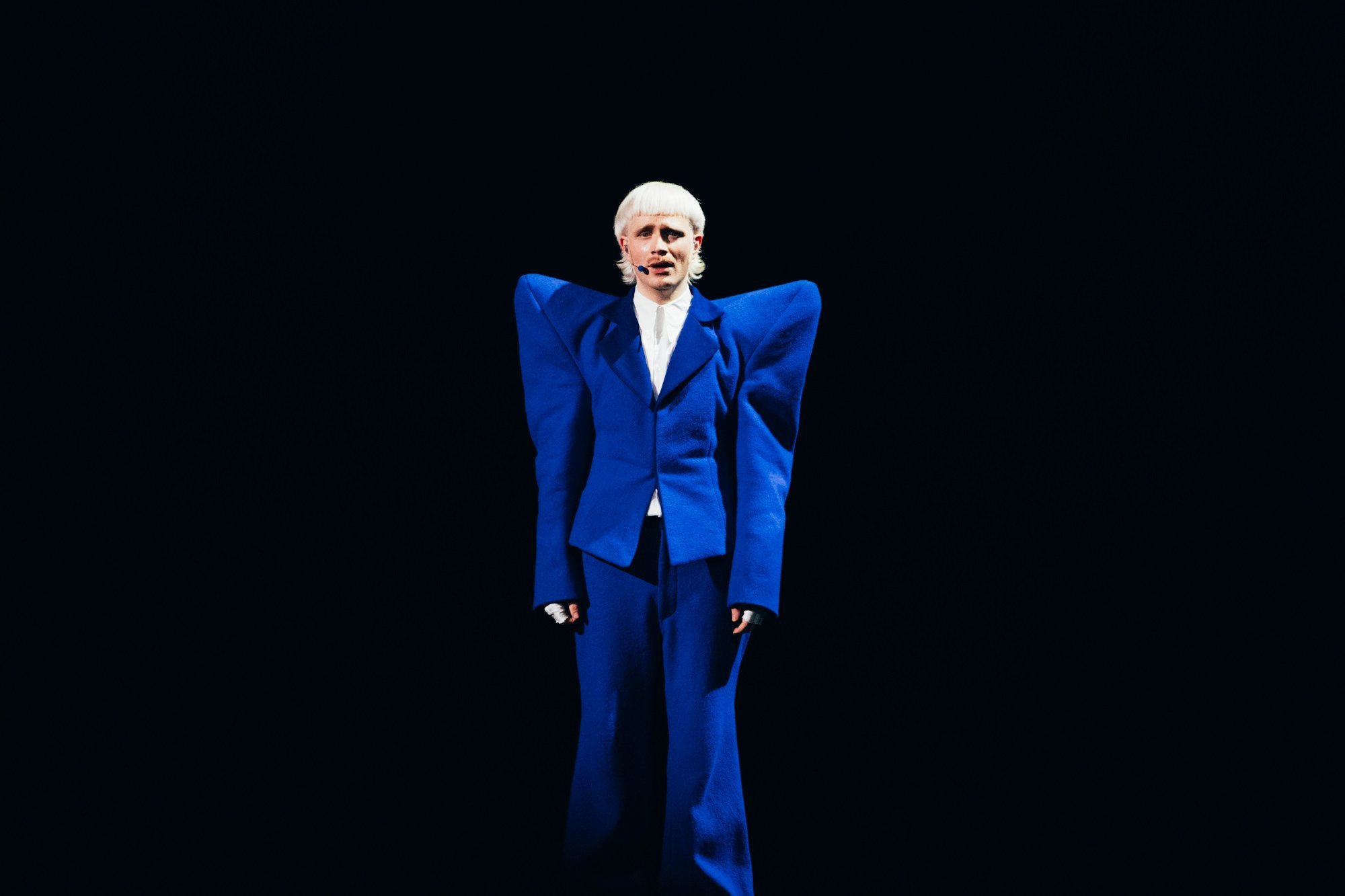EBU AND AVROTROS CLASH OVER FILMING AGREEMENTS
by GJ Kooijman, Gabe Milne, James Stephenson and Sem Anne van Dijk
The European Broadcasting Union (EBU) and AVROTROS are at odds over whether agreements were made to not film Joost Klein backstage before and after his performances at Eurovision 2024.
Speaking with both the EBU and AVROTROS regarding the matter, both parties are claiming their own view of whether these arrangements were made, and in what way. This was one of several key questions asked to both parties to clarify the timeline of events and the decision-making process leading up to the disqualification by the EBU.
EBU
In an email sent by its Communications team to Eurovision journalists GJ Kooijman, Gabe Milne, James Stephenson and Sem Anne van Dijk, the EBU states that they are not aware of any agreement that stated Joost could not be filmed backstage.
They also specified that AVROTROS had not sent a written request to the EBU about filming Joost:
“We can however confirm that we are not aware of any agreement being in place not to film Joost Klein backstage during the Second Semi Final, and there is certainly no written request from AVROTROS regarding this matter.”
The EBU subsequently stated the following:
“We do not wish to revisit, or enter a public debate regarding what happened backstage on Thursday 9 May.In agreeing to participate in the Eurovision Song Contest all artists commit to abide by the rules of the event which include the possibility of being filmed backstage.
We are mindful of the impact of the multiple pressures that competing in the world’s largest live music event can have on artists, and indeed those working on the event. This in no way excuses the inappropriate behavior of any individual, and we stand by our decision to take the action we did in disqualifying Joost Klein who was in breach of our rules. We will not tolerate threats made to members of staff in the process of conducting their duties.”
This is the first public acknowledgement of the impact that competing in the Eurovision Song Contest can have on artists following an in-depth review of the 2024 contest (done by Pernille Gaardbo) which included recommendations on Backstage Safety and Wellbeing for competing artists.
AVROTROS
However, after putting the EBU’s comments on filming arrangements to AVROTROS, the broadcaster responsible for the Dutch entry to the Eurovision Song Contest, they have responded questioning the EBU’s version of events.
A spokesperson for AVROTROS stated in response that the broadcaster “strongly disagrees with the proposed course of events as outlined by the EBU.” They also confirm that AVROTROS has shown the EBU evidence of these agreements being made, but says they cannot go into further detail:
“AVROTROS strongly disagrees with the proposed course of events as outlined by the EBU. We have shown the agreements about not filming Joost (including evidence) to the EBU (and these agreements were also respected up to the performance in the semi-final on May 9), but have not heard any response to this either.”
The disagreement between AVROTROS and the EBU marks the latest flashpoint in their ongoing dispute over Joost Klein and the Netherlands’ disqualification from Eurovision 2024 this past May.
Joost was disqualified from the contest by the EBU on the day of the Grand Final after an incident that took place backstage during the Second Semi-Final two days prior. During the incident, Joost made a “threatening movement” towards a videographer working with the EBU, which hit the person’s camera.
INVESTIGATION
An investigation led by the Public Prosecutor’s Office in Malmö concluded that they couldn’t prove Joost intended to seriously threaten the person involved. We spoke to the Senior Prosecutor in charge of the case, Fredrik Jönsson, who said on the investigation:
“It is not possible to prove that the suspect had other intentions than to influence the plaintiff's film recording. And based on an overall assessment, it's not possible to prove that the act was likely to cause serious fear, nor that suspect's intention to cause serious fear. He did make a movement towards the plaintiff, and he hit the plaintiff's film camera.But I can't prove that he did that in intention to cause serious fear.”
When asked specifically about agreements not to film Joost, Jönsson stated that multiple witnesses mentioned these. However, as this was not part of the investigation these claims have not been verified by the senior prosecutor.
BACKGROUND
After the closure of the investigation into Joost Klein’s actions, the EBU and AVROTROS have taken different views on the investigation’s outcome. In separate statements released after the investigation was closed, AVROTROS and the EBU outlined their positions.
The Dutch broadcaster reiterated that they believed Joost’s disqualification was "disproportionate". AVROTROS has also requested urgent talks with the EBU about the disqualification in the next few days. The broadcaster also wants to discuss several other matters which they say have been outlined in a letter of objection which the EBU has not yet responded to.
However, the EBU maintains the EBU's decision to disqualify Joost "was made in strict accordance with Eurovision Song Contest rules and governance procedures". Furthermore, they claim that the Swedish police's decision to close the case "does not have any impact on our decision which we stand by completely".
As it stands, it seems any future talks will also consider whether Joost should or should not have been able to be filmed behind the scenes. The existence or absence of such agreements could significantly influence how this incident is perceived by the EBU, AVROTROS and the broader Eurovision community.
